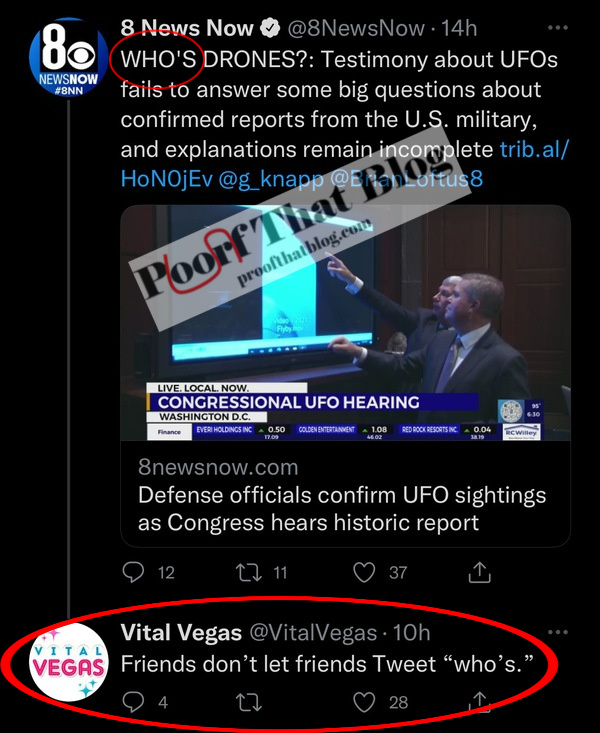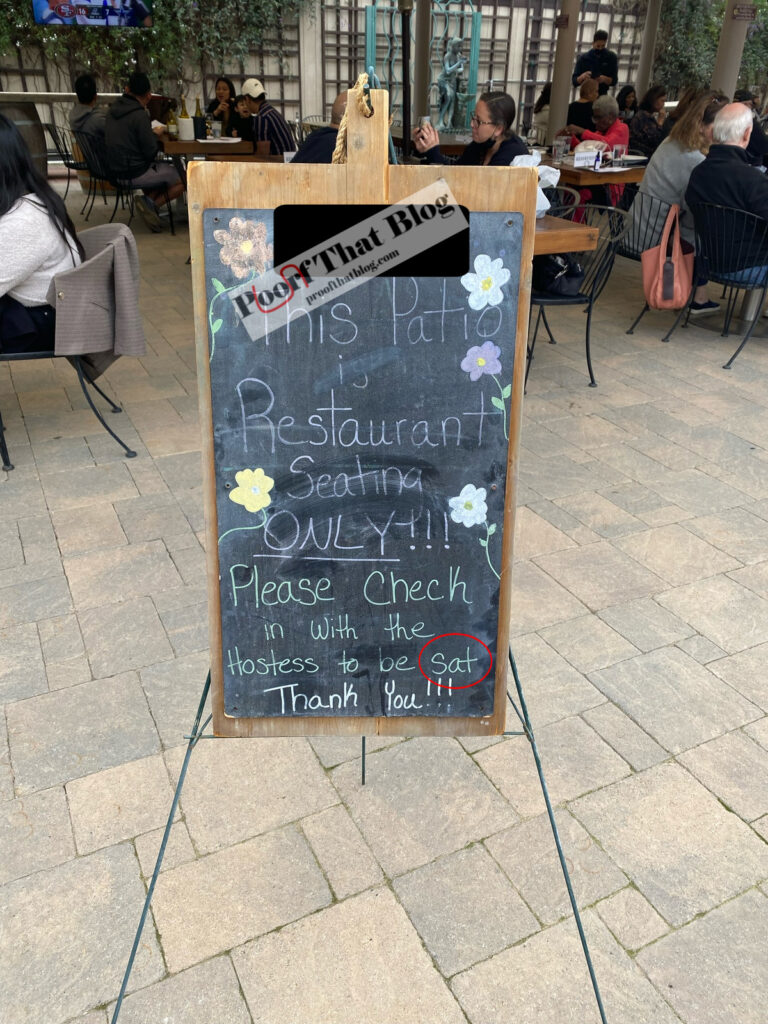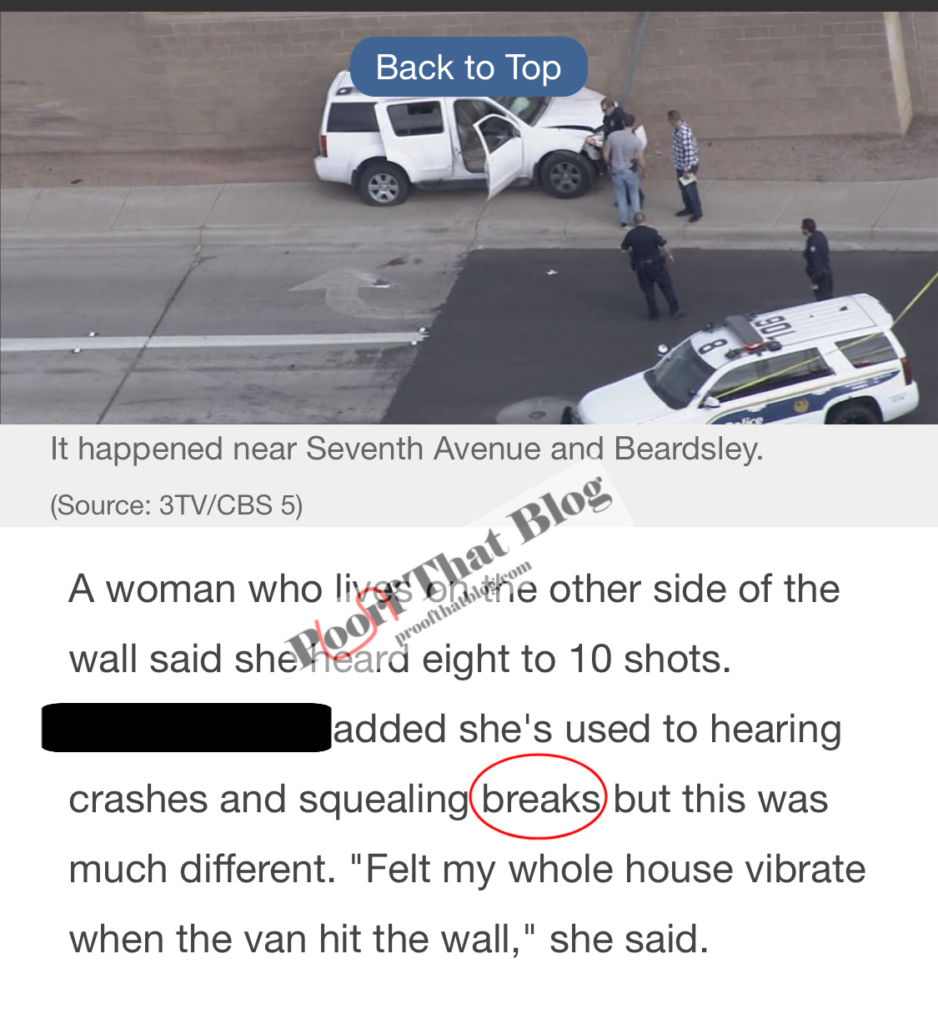With all the recent and upcoming activity in our nation’s capital, it’s important that if you’re commenting on it, it is spelled correctly. Here is the breakdown:
According to The Gregg Reference Manual, the word “capital” used as an adjective can mean “chief” or “foremost” or “punishable by death” (as in a capital crime). As a noun, it can mean “a principal sum of money” or can designate between large and lowercase letters (as capital A and lowercase a). Capital also means “the city that serves as the seat of a country’s government” (Washington, D.C. is this nation’s capital).
The word “capitol” refers to the building in which a state legislative body meets and the capitalized word “Capitol” refers to the building in which the United States Congress meets.
Capitol Hill is an imaginative name for the legislative branch of the U.S. government (Congress) and refers to the site of the Capitol.
An easy way to remember it might be that capitOl refers to a building (think of the Capitol building and its circular dOme so the “o” looks like the dome) where legislative bodies meet and you capitalize it where United States Congress meets.
CapitAl means All the other uses of “capital.”



 Follow
Follow







